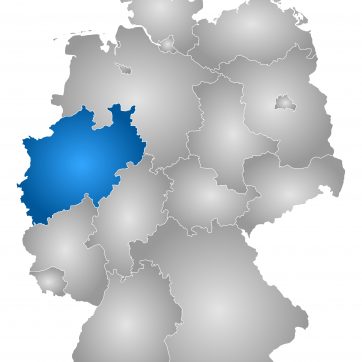North Rhine-Westphalia, Germany

The challenge
Hydrogen technologies bear a lot of efficient solutions to master energy transitions. However, there are not economically competitive yet and still rely on the development of prototypes which often require large-scale investments. In order to tackle this challenge, capable stakeholders in the Rhenish lignite area should pool their special competences to share financial risks and consolidate existing knowledge as well as technical expertise while pushing the realisation of projects and new business cases.
Our solution: A virtual institute for hydrogen applications
A virtual institute could trigger an innovative approach to support the regional economic transition in the Rhenish lignite mining area while facilitating hydrogen applications: Ideally, the institute combines the necessary regulatory, economic and technological know-how as well as the crucial political willpower.
What we achieved
First of all, the need for innovative approaches was confirmed. This includes such a virtual institute in order to facilitate hydrogen projects. Secondly, the main targets of HyDistrict and the required functionalities of the virtual institute were defined collectively by participating stakeholders.
Next steps
From now on, further stakeholders and hydrogen newcomers should be involved in the development of the HyDistrict virtual platform. As a first follow-up we initiated a co-creation process with a variety of regional stakeholders from all backgrounds to re-align our plans and outcomes. Within a three -step design sprint approach that was facilitated by an innovative start-up team throughout April/May 2019, we focused on envisioning necessary features for the virtual institute and developed a first viable business model. We are currently setting up a prototype to use as a base for further stakeholder outreach activities.
Partners
ENGIE, Zukunftsregion Rheinisches Revier, HyCologne Wasserstoff Region Rheinland

